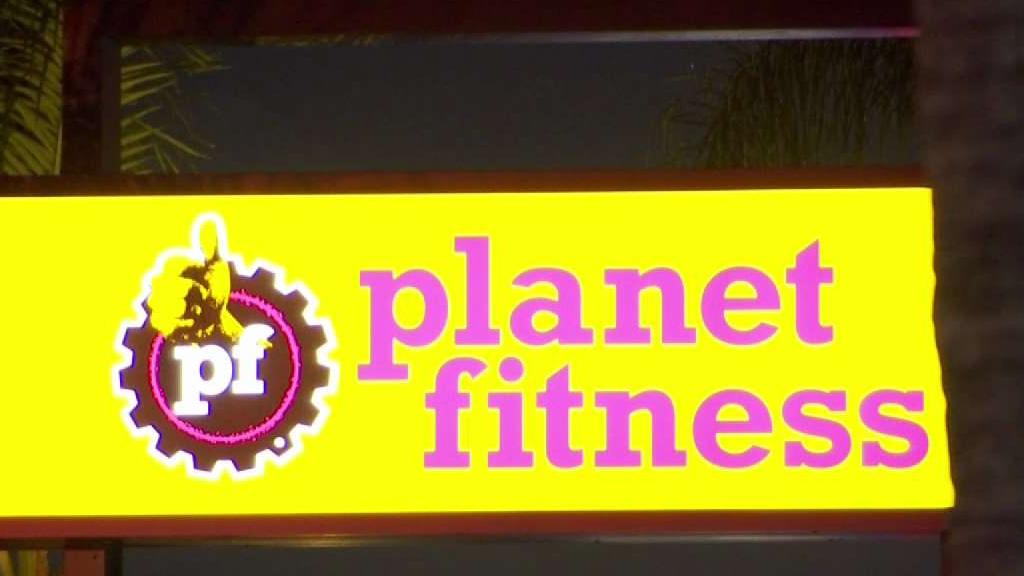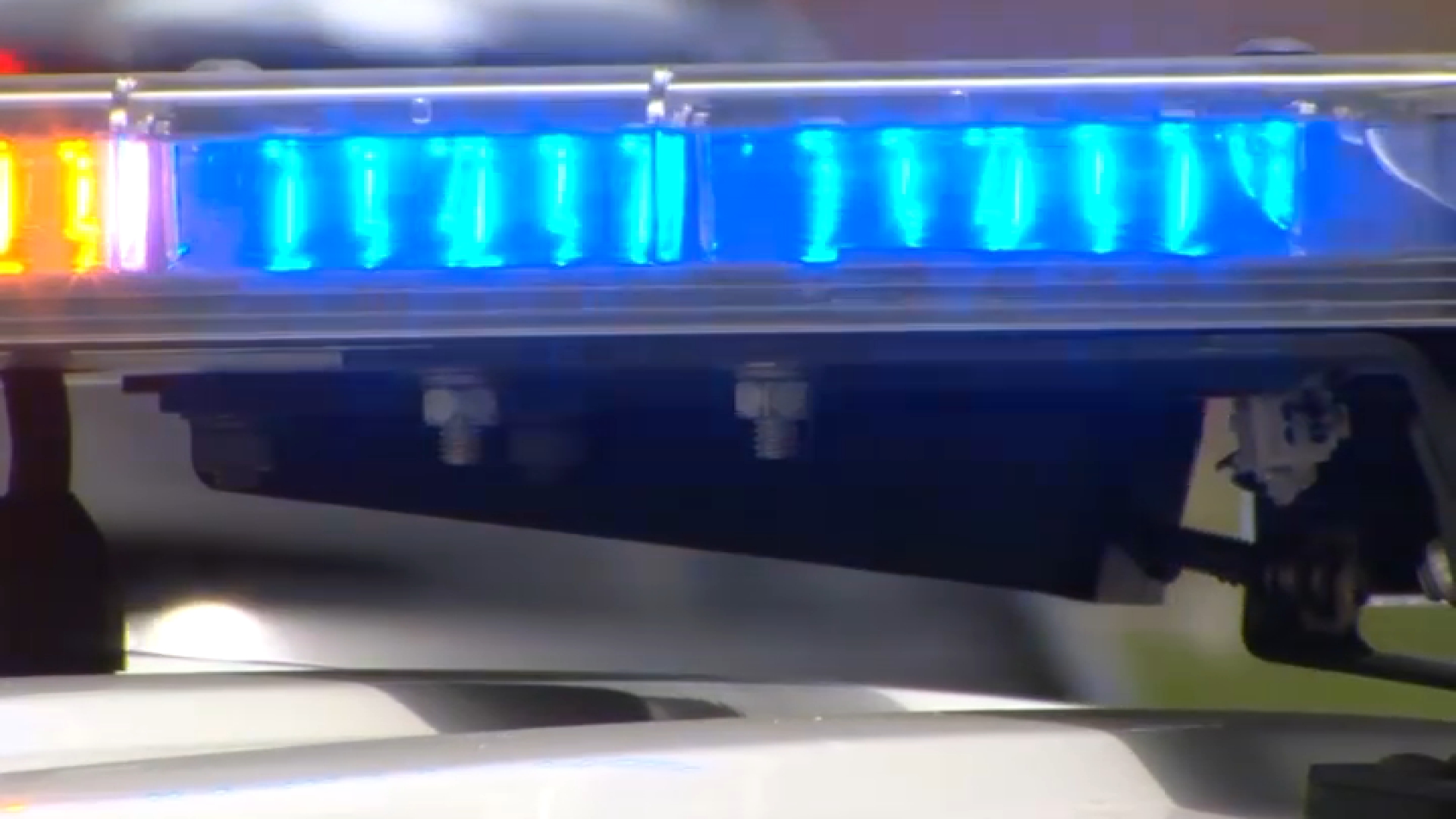The Chicago Blackhawks are currently near the bottom of the NHL standings, and they could be facing some difficult choices as the NHL trade deadline approaches.
In a segment on TSN Thursday night, insider Pierre LeBrun said that the Blackhawks will approach defenseman Duncan Keith before the Feb. 25 deadline to gauge his interest in a potential trade to a contending team.
“The Hawks will go to him right before the trade deadline and ask ‘what do you want to do?’” he said. “He has a full no-trade clause and four more years on his deal, so he decides his future. He’s a legacy player, but G.M. Stan Bowman and the hierarchy in Chicago will go to him and say ‘do you want to go to a contender or stay here with the rebuild?’”
LeBrun said in the segment he would find it “hard to believe” that Keith would switch teams, but it raises a fascinating question as the Blackhawks approach their future.
There are several factors that would have to be addressed before a Keith trade could be consummated. For starters, Keith has four years left on his contract, with a salary cap hit of $5.5 million per season. The real salary outlay is considerably lower than that thanks to how his deal was structured, but that cap hit could be restrictive for contending teams that are up close to the salary cap.
Keith also has a full no-trade clause, meaning that he can veto a trade to any NHL team. If he decides he doesn’t want to play in a market that the Blackhawks want to trade him to, he can block it, and that could limit the field even further.
Outside of the contractual limitations, there is still the matter of salary cap recapture, an NHL policy designed to punish teams that the league had found violated the spirit of the Collective Bargaining Agreement in stretching out players’ contracts with extra years to keep the average annual value of contracts down.
Local
Keith and Marian Hossa both had contracts that were found to be impacted by that rule, meaning that if Keith wants to retire before the end of his contract, the Blackhawks would be tagged with a penalty on the salary cap for the remaining years of the deal.
The Blackhawks would likely want Keith to go on long-term injured reserve to avoid that penalty, much like Hossa did, but trading him while he’s still playing would open up at least a slight risk to the team’s future cap numbers.



